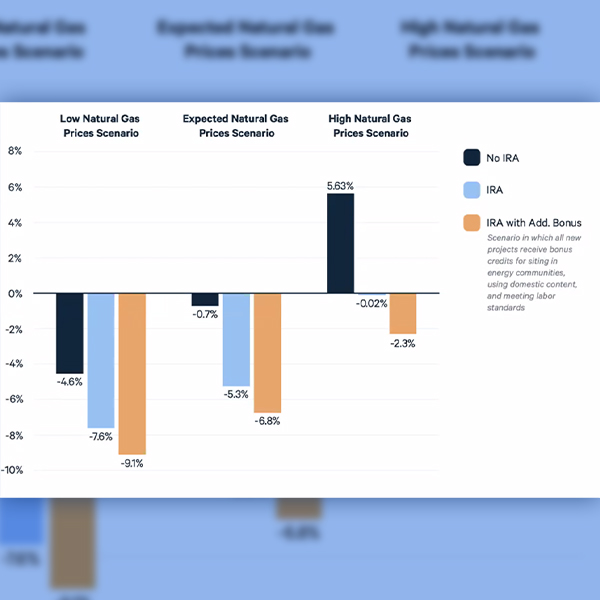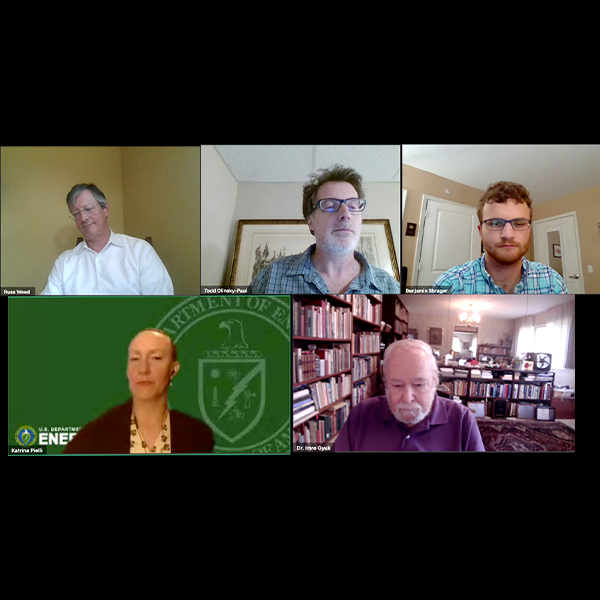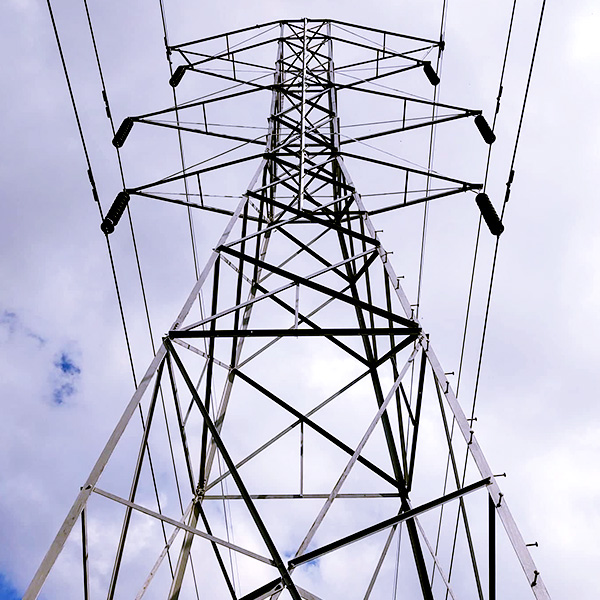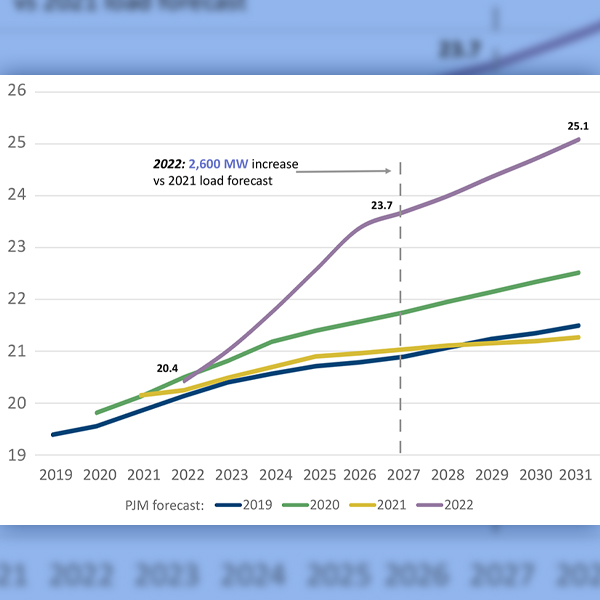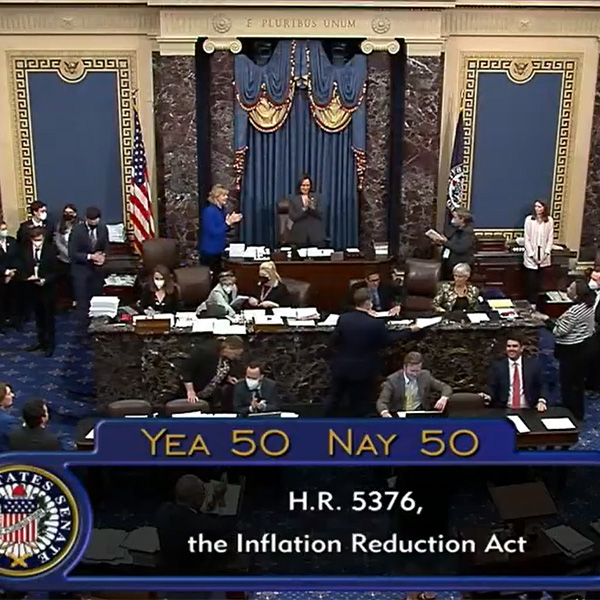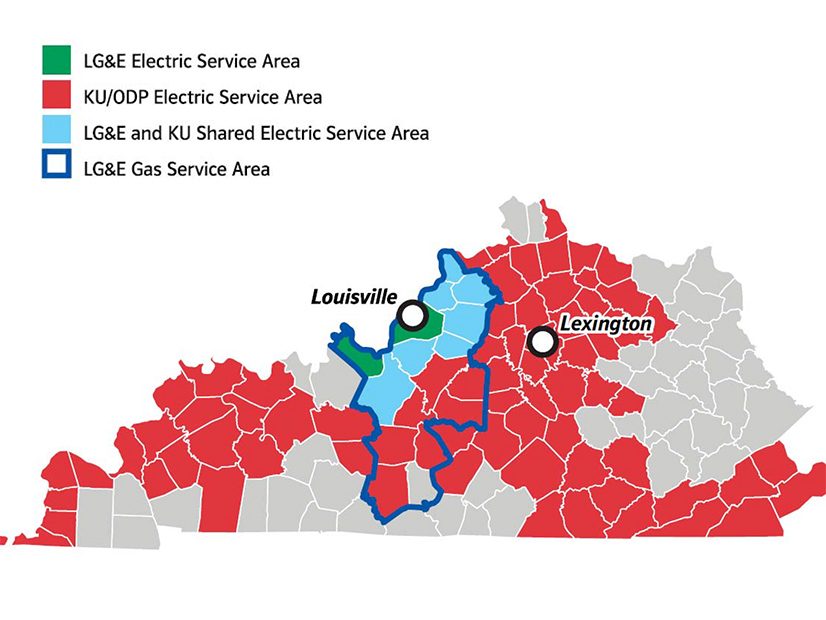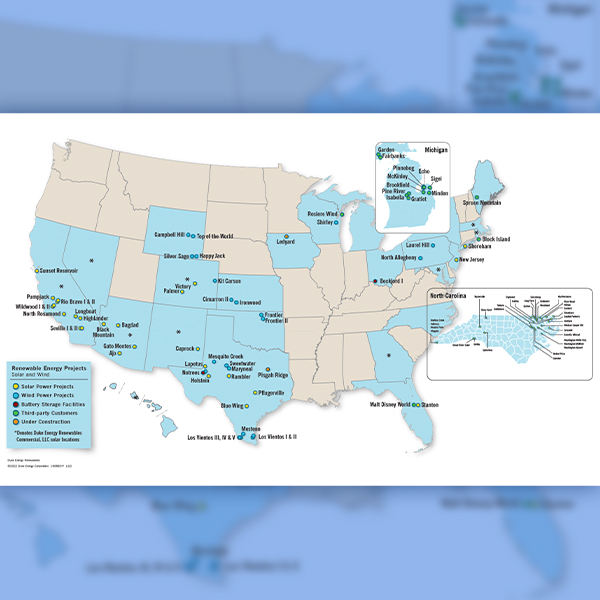FERC & Federal
The Federal Energy Regulatory Commission is an independent regulatory agency that oversees the transmission of electricity, natural gas and oil in interstate commerce, as well as regulating hydroelectric dams and natural gas facilities.
The U.S. House passed the Inflation Reduction Act, sending the $740 billion package of tax, health and climate provisions for President Biden’s signature.
A panel of industry analysts presented their estimates of how much the Inflation Reduction Act would reduce emissions and its impact on household energy costs.
The Biden administration’s goal of achieving net-zero emissions by 2050 will require an investment of $300 billion a year until 2050, the DOE estimates.
The battle over MISO transmission owners’ return on equity continued with the D.C. Circuit Court of Appeals vacating FERC’s order setting the rate at 10.02%.
DOE is consolidating its portfolio of critical mineral programs in a bid to build a domestic supply chain of materials needed to decarbonize the economy.
The Virginia Corporation Commission approved Dominion Energy’s OSW project, but the utility’s CEO said the capacity performance guarantee is “disappointing.”
Columnist Steve Huntoon says the 45Q carbon capture tax breaks in Democrats' climate bill are an enormous subsidy that won't help decarbonization.
Following a marathon of debate, the U.S. Senate passed the Inflation Reduction Act with all of its $369.75 billion in clean energy spending intact.
FERC failed to consider the impact of potential rate increases when it allowed LG&E/KU to partially exit market power mitigation, the D.C. Circuit ruled.
Duke Energy put a “for sale” sign on its 3.5-GW commercial renewable business, saying it wants to focus its capital on regulated spending.
Want more? Advanced Search

